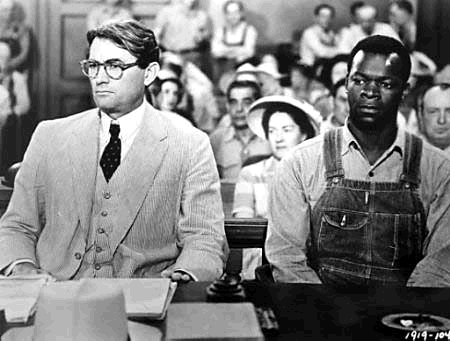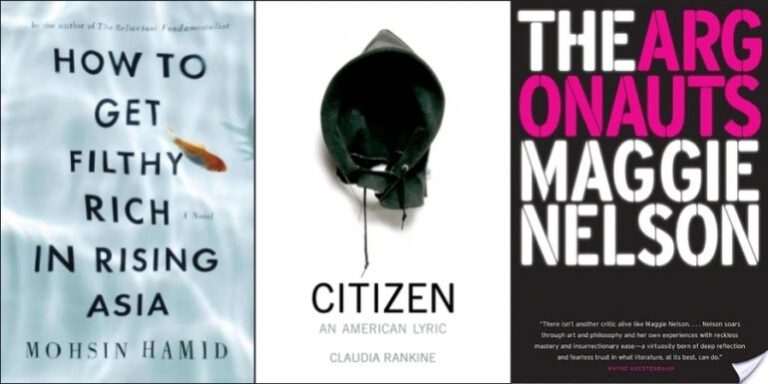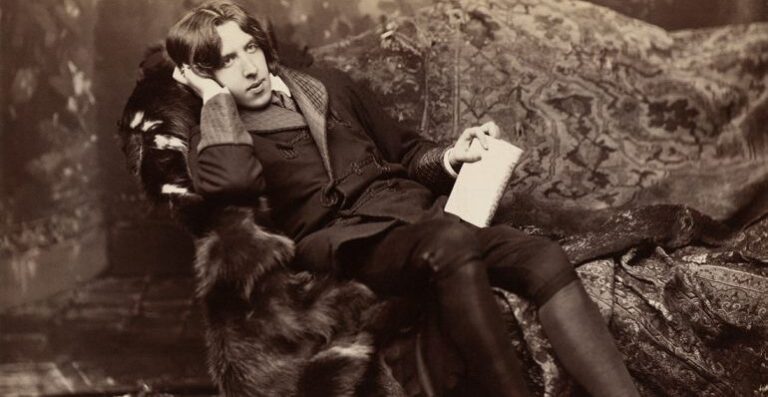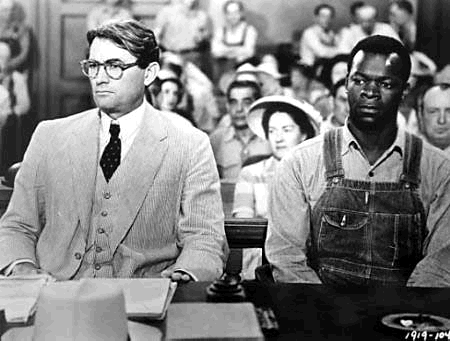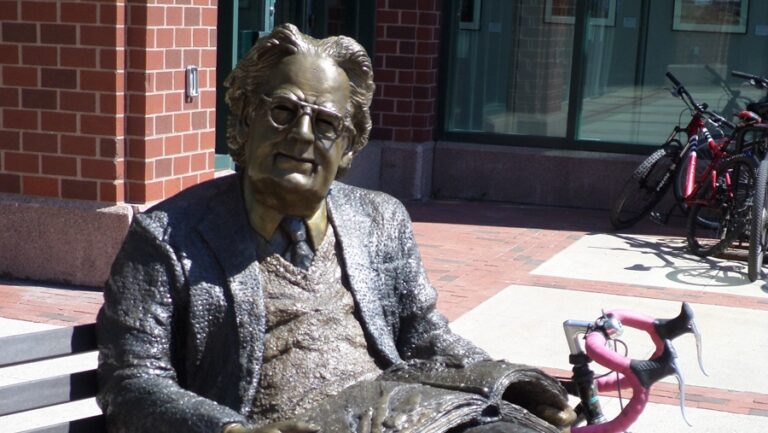Round-Down: Why GO SET A WATCHMAN May Have Been Better Unpublished
Discussion surrounding the recent release of Harper Lee’s purported To Kill a Mockingbird prequel–or draft, or sequel–Go Set a Watchman has dominated the literary community for the past several weeks. Just about every article on Watchman touches on the question of either whether Lee consented to having the long stowed-away manuscript released. At The New York Times, Randall Kennedy…
